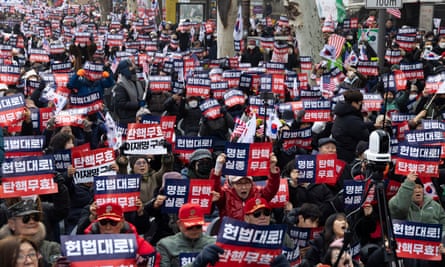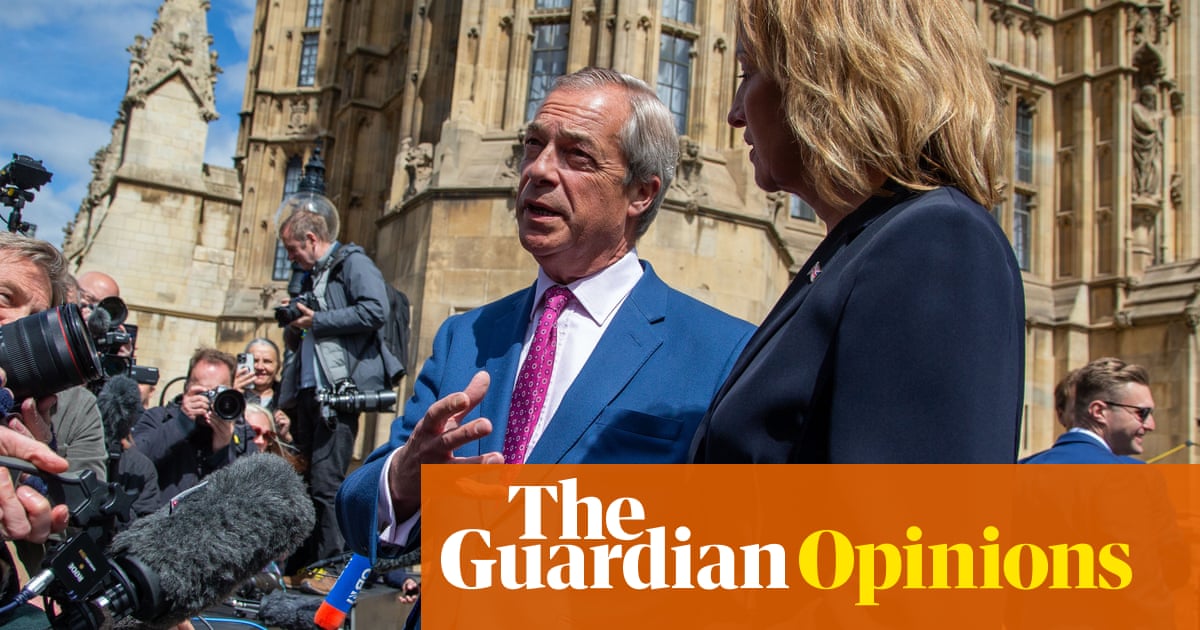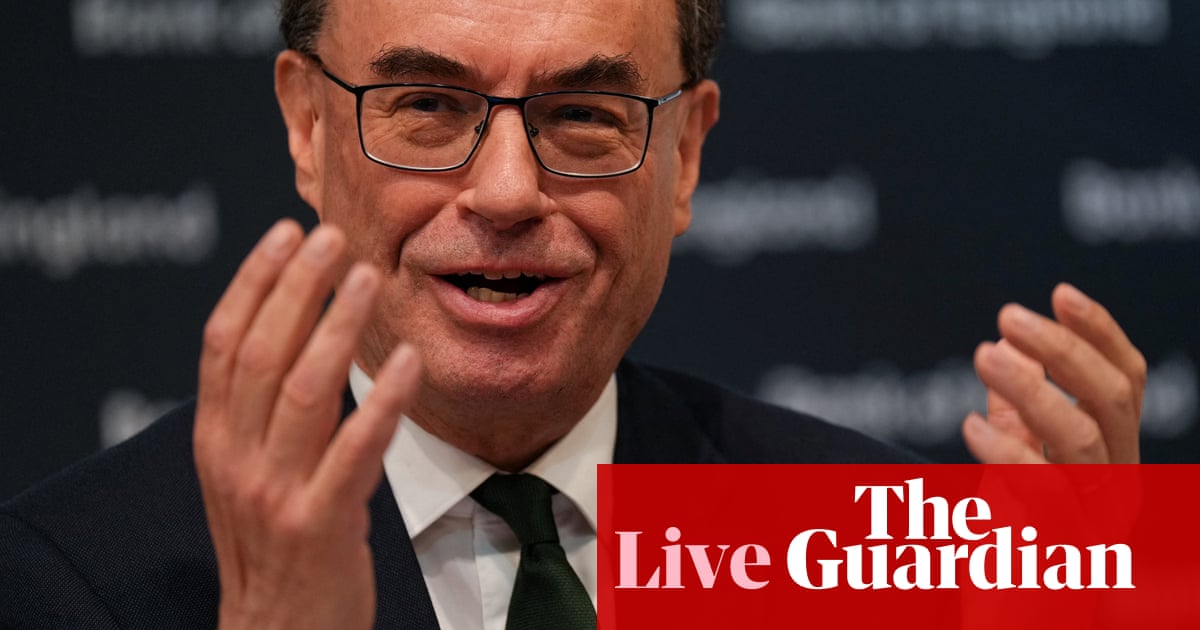South Korea’s impeached president Yoon Suk Yeol has denied ordering troops to “drag out” lawmakers from the country’s parliament to prevent them from overturning his short-lived declaration of martial law last month.
In his first appearance at the constitutional court, which will decide whether to uphold his impeachment, Yoon replied “no” when asked by a judge whether he had ordered the military to remove lawmakers from the national assembly building.
Defiant MPs clambered over walls to gain access to the chamber and confronted armed troops before voting to lift martial law in the early hours of 3 December, only six hours after Yoon had imposed it.
While MPs were not ultimately prevented from voting, the scenes were a worrying reminder of South Korea’s recent history, when the country was ruled by military dictatorships.
Yoon’s declaration triggered weeks of political uncertainty in South Korea, Asia’s fourth-biggest economy. The suspended president’s fate now rests on whether the constitutional court’s justices vote to uphold his impeachment or overturn it and return him to office.
His denial of allegations that he had given troops the green light to remove MPs from the parliament building contradicted claims made by the then chief of the army special warfare command, Lt Gen Kwak Jong-keun.
In an appearance at the national assembly last month, Kwak said Yoon had called him on a secure phone to tell him that MPs planning to vote down martial law had yet to reach a quorum. Yoon, Kwak said, ordered him to “break down the door immediately and remove those inside”.
Yoon, an ultra-conservative whose term in office has been plagued by scandal, is also the target of a separate criminal investigation over allegations that his martial law declaration amounted to insurrection – a crime from which South Korean presidents do not have immunity and can carry a long prison term and, theoretically, the death sentence.
Yoon last week became the first sitting South Korean president to be arrested, and is being held in a tiny cell at the Seoul detention centre, where he wears a standard-issue khaki uniform and eats meals worth about a dollar each.

After a court in Seoul extended his detention at the weekend, hundreds of his supporters broke into the building and scuffled with police in scenes reminiscent of the 6 January 2021 assault on the US Capitol building.
On Tuesday, as an estimated 4,000 supporters gathered around the constitutional court building amid a heavy police presence, Yoon said he had always believed in liberal democracy.
“Since coming of age, I have lived with a firm belief in liberal democracy until this very day, and especially during my time in public service,” Yoon, wearing a dark blue suit and red tie, told the court, according to the Yonhap news agency.
“As the constitutional court exists to defend the constitution, I ask the justices to consider me favourably.”
The court has 180 days from 14 December – the date parliament voted to impeach Yoon – to uphold the decision or reinstate him. If he is removed from office, South Koreans must elect a new president within 60 days.
Two more constitutional court hearings are planned through to early February.
Having refused to attend the first two of five planned hearings in the impeachment trial, Yoon was driven from the detention centre south of Seoul into the constitutional court building in a blue justice ministry van.
Cheon Jae-hyun, a court spokesperson, told reporters that Yoon’s legal team had requested to call at least 24 individuals as witnesses, including election officials.
Yoon and his legal team say his attempt to suspend civilian rule was a legitimate “act of governance” in response to election fraud – a reference to national assembly elections last April that the opposition won by a landslide. Yoon has not publicly provided evidence to support those claims.
Prosecution lawyers, who were selected by parliament, condemned the comments by Yoon and his legal team as “largely contradictory, irrational, and unclear, making them entirely incomprehensible”.
“If they continue to evade responsibility as they did today, it will only work against them in the impeachment trial and cause even greater disappointment among the public,” they said.

.png) 3 months ago
42
3 months ago
42













































